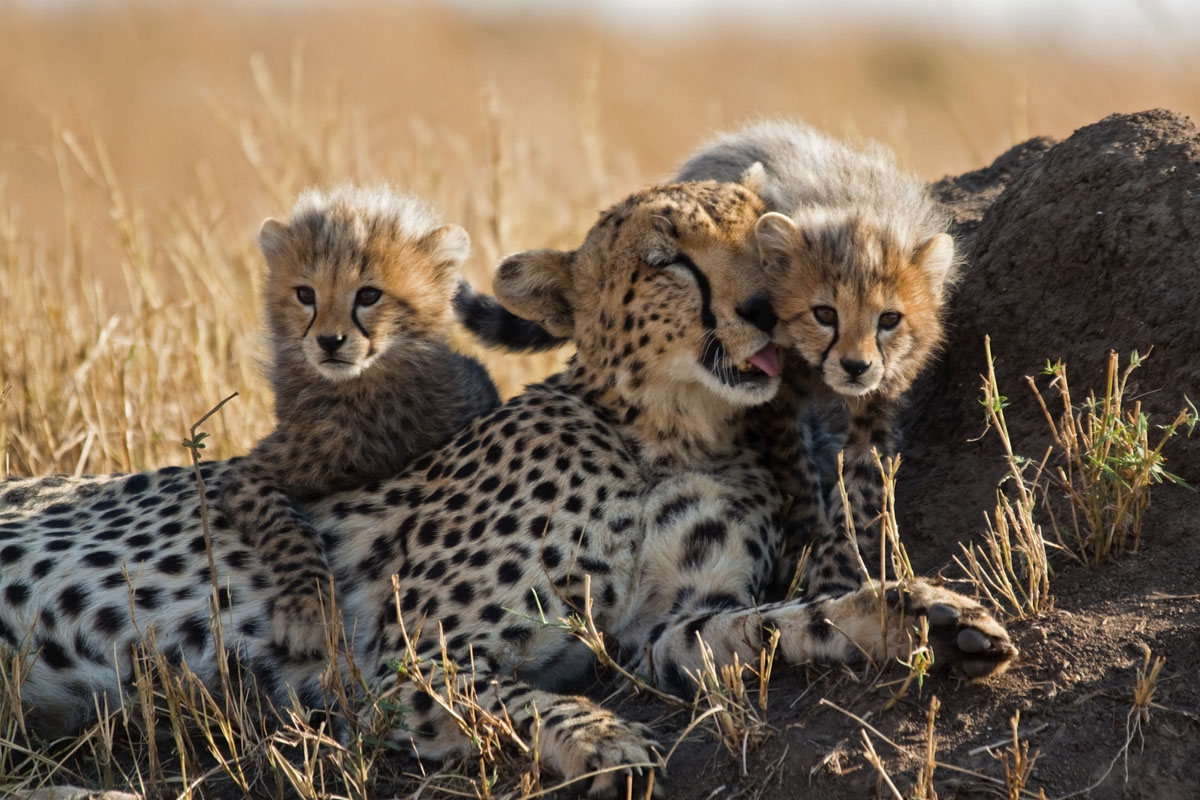Nepal Policy
India’s relationship with Nepal has always been complex, shaped by historical, cultural, and geographical factors.
The cheetahs, including seven males and five females, will be translocated to Kuno National Park in Madhya Pradesh.

(Representational Image: iStock)
Union Minister of Environment Bhupender Yadav on Thursday announced that twelve cheetahs will arrive in India from South Africa on 18 February. The cheetahs, including seven males and five females, will be translocated to Kuno National Park in Madhya Pradesh.
Addressing the media, Yadav said that bringing the cheetahs back to India will help in restoration of the nation’s natural heritage. He thanked the Defence Ministry and the Indian Air Force for extending full support for the translocation of the animals.
Advertisement
Yadav also mentioned various initiatives taken by the ministry in the areas of wildlife conservation, including Project Cheetah, LIFE concept and its sustainability, green growth namely Green Credit, Mishti – for mangrove conservation and Gaj Utsav, among others.
Advertisement
The last cheetahs in the Indian wilderness were recorded in 1947 when three of them were shot in the Sal (Shorea robusta) forests of Koriya now in Chhattisgarh State. The main reasons for the decline of cheetahs in India were large-scale capture of animals from the wild for coursing, bounty and sport hunting, extensive habitat conversion along with a consequent decline in prey base. In 1952, cheetahs were declared extinct.
The goal of the cheetah introduction project in India is to establish a viable cheetah’ metapopulation in India that allows the cheetahs to perform their functional role as top predators.
The other objectives of the project are:
– To establish breeding cheetah populations in safe habitats;
– To use the cheetahs as charismatic flagship and umbrella species to garner resources for restoring open forest and savanna systems; and
– To manage any conflict by cheetahs or other wildlife with local communities within ‘Cheetah’ conservation areas expediently through compensation, awareness, and management action.
In this context, the government initiated G2G consultative meetings with Namibia which culminated in the signing of a MoU between the two countries on 20 July 2022 for cheetah conservation. Following the signing of the MoU, in a historic first wild-to-wild intercontinental translocation, eight ‘Cheetahs’ were transported from Namibia to India on 17 September 2022 and were released into the quarantine bomas by Prime Minister Narendra Modi.
Post the mandatory quarantine period, the cheetahs have been released into the larger enclosure in a phased manner. All eight individual cheetahs are doing very well in terms of natural behaviour, body condition, activity pattern and overall fitness.
As per the Action Plan for Cheetah Introduction in India, annually 10-12 cheetahs are required to be imported from African countries for the next 5 years at least. In this context, the government of India initiated bilateral negotiations with South Africa in 2021 for cooperation in the field of cheetah conservation. The negotiations were successfully concluded with the signing of an MoU with South Africa in January 2023.
Post arrival in India, all 12 cheetahs will be housed in specially created enclosures at Kuno National Park for completing the mandatory quarantine period and the animals will be intensively monitored.
Advertisement